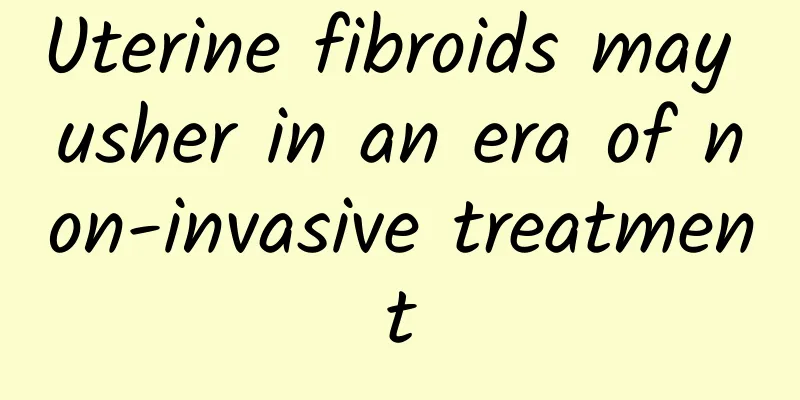How to treat vulvar lichen

|
Many women nowadays do not pay attention to their own hygiene, which allows some bacteria to get in. Then various gynecological diseases follow. Vulvar lichen is one of them. The lesions mainly invade the clitoris and its foreskin, labia minora, posterior labia joint and perianal area. Because it is a private part, many patients are embarrassed to go to the hospital for treatment, which can easily lead to the aggravation of the disease and increase the harm to themselves. Therefore, going to the hospital for treatment as soon as possible is the correct way to deal with it. How to treat vulvar lichen? 1. General treatment Keep the vulva clean and dry, do not use irritating drugs or soap to wash the vulva, avoid wearing synthetic underwear, and do not eat spicy and allergic foods. For those with obvious itching symptoms that lead to insomnia, add sedatives, sleeping pills and anti-allergic drugs. 2. Topical medication The main symptom of this disease is severe itching, and the application of glucocorticoids has a positive effect. 1% to 2% hydrocortisone ointment or 0.025% fluocinolone ointment is commonly used, 3 to 4 times a day. Six weeks after medication, the skin lesions can return to normal. Topical application of testosterone propionate is the standard method for treating lichen sclerosus. The effect varies from person to person. Some atrophic skin can return to normal, some lesions have improved, and some have no obvious effect. 3. Subcutaneous Injection For patients with stubborn itching and ineffective topical medication, triamcinolone acetonide suspension can be injected subcutaneously. If this method does not achieve the desired effect and the patient still itches, pure alcohol can be injected subcutaneously under regional anesthesia. It should be noted that alcohol cannot be injected into the skin, otherwise it will cause skin necrosis. Subcutaneous injection of alcohol can completely relieve itching, but it cannot relieve the burning sensation of the vulvar skin. 4. Surgery For patients with severe disease or those who are ineffective with drug treatment, superficial vulvar excision or laser excision can be performed. Laser excision can only remove epidermal lesions, but is ineffective for dermal lesions under the epidermis. Surgical excision has a high recurrence rate, not only at the excision edge, but even in transplanted skin. The disease has a very low chance of becoming malignant, so surgical treatment is rarely used. |
<<: Treatments for vulvar itching
>>: How much does it cost to treat hyperplastic vulvar leukoplakia?
Recommend
What are the causes of pelvic inflammatory disease?
What are the causes of pelvic inflammatory diseas...
How to treat mild cervical erosion
If you are diagnosed with mild cervical erosion t...
Eat slimming products! 3 lotus root recipes to lose fat
[Key points]: Lotus root has a low glycemic index...
Have you ever heard of hyperplastic vulvar leukoplakia?
Do you know about hyperplastic vulvar leukoplakia...
What are the causes of irregular menstruation? There are 4 common dietary taboos for irregular menstruation
Menstrual disorders, also known as menstrual diso...
Symptoms of pelvic inflammatory disease
Pelvic inflammatory disease is a common gynecolog...
What are the symptoms of cervical hypertrophy?
Everyone knows that cervical hypertrophy is a com...
Experts reveal that there are two main reasons for cervical hypertrophy:
Understanding the causes of cervical hypertrophy ...
Introduction to the best treatment for ectopic pregnancy
Ectopic pregnancy brings a lot of unspeakable pai...
U.S. beef inspection team returns to Taiwan and says beef imported should be safe
In response to the controversy over the safety of...
Does anyone know the symptoms of chronic cervicitis?
With the improvement of the quality of life, many...
What does inevitable miscarriage mean and what are the causes of inevitable miscarriage?
Inevitable miscarriage is a miscarriage that cann...
Several common causes of cervical erosion
Although cervical erosion is a common gynecologic...
What are the preoperative preparations for ovarian cysts?
The preparation before the treatment of ovarian c...
What should women pay attention to during the treatment of cervical erosion? 7 things to pay attention to when treating cervical erosion
Cervical erosion is a gynecological disease with ...









